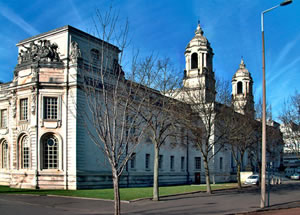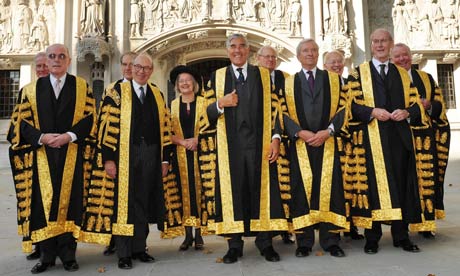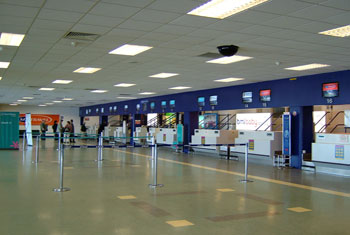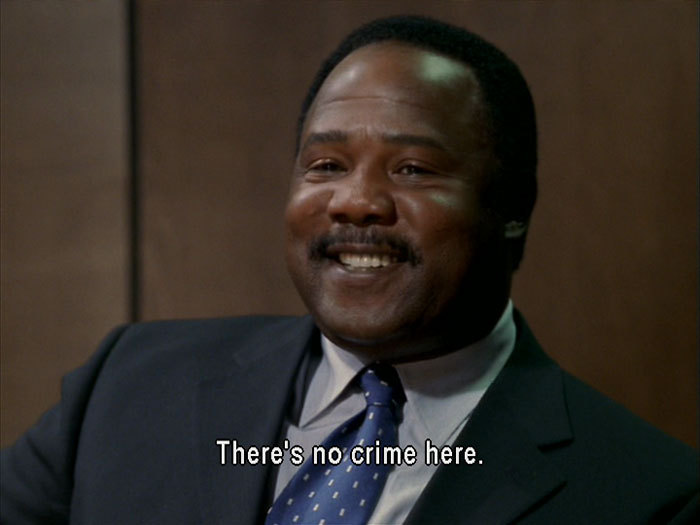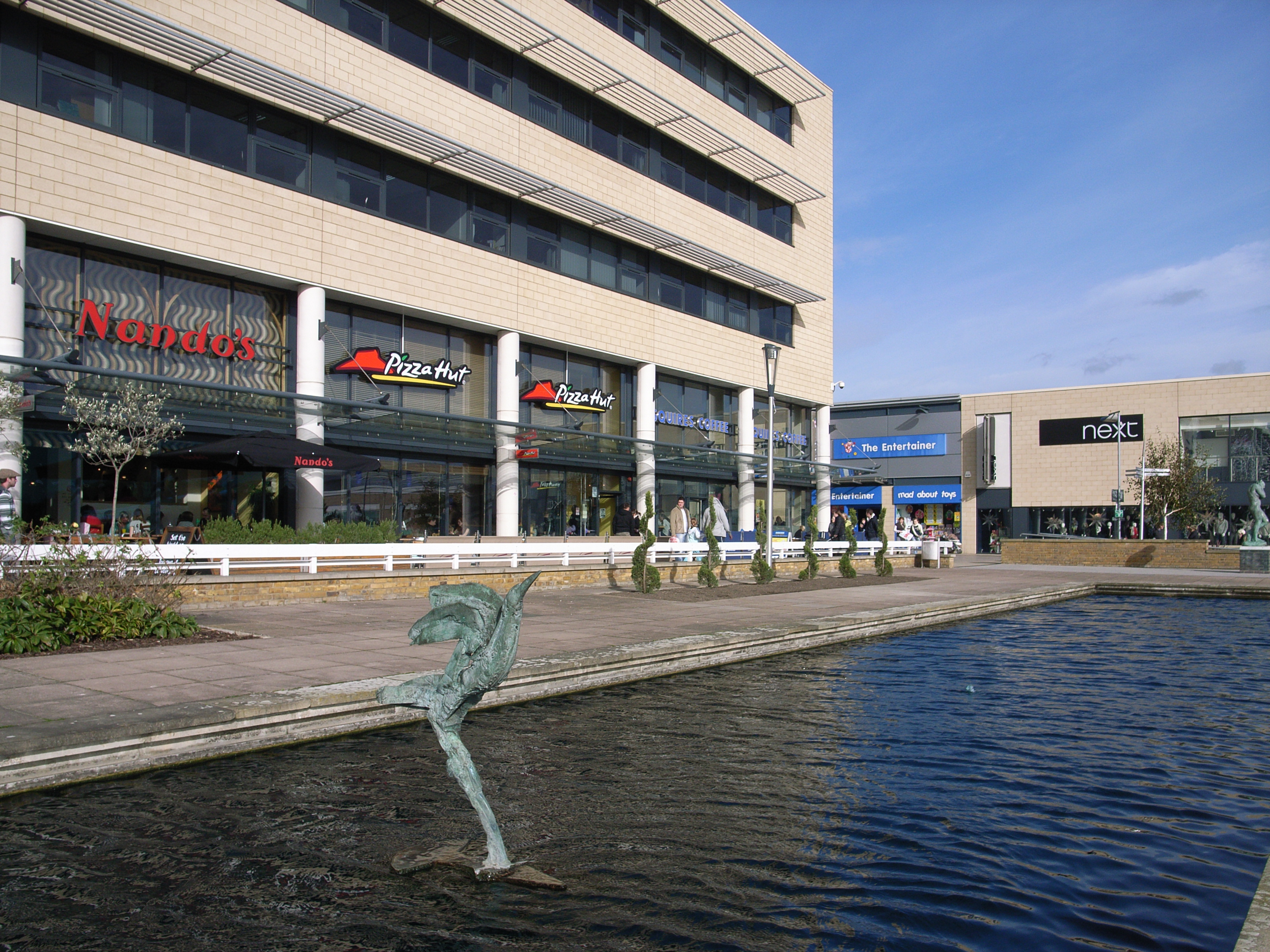It's been
an busy month in Cardiff Bay by usual standards, so my apologies for
this post's length.
- Plaid Cymru criticised Labour MPs from Wales for voting with some Westminster Conservatives against a rise in the European Union's budget – which could translate into cuts in structural and Common Agricultural Policy funds for Wales. On November 21st, the Assembly approved a Plaid Cymru-sponsored motion calling for the Welsh Government to “make representations” opposing the move.
- Welsh-language broadcaster, S4C, celebrated its 30th anniversary on 1st November. Chief Executive, Ian Jones, said they were considering English-language dubs for some programmes via the red button. S4C were also carrying out a feasibility study with regard moving to three smaller sites.
- Julie Morgan AM (Lab, Cardiff North) called for the creation of a “green belt” around Cardiff, following Cardiff Council's draft Local Development Plan, which plans for 45,000 homes between 2006 and 2026.
- The Children's Commissioner called for a new inquiry into child abuse at north Wales children's homes in the 1970s and 1980s, after it was revealed senior public figures may have been involved as part of a paedophile ring. The First Minister urged victims to go to the police, and said he would look at the terms of reference to the original 1997-2000 Waterhouse Inquiry. Plaid Cymru leader, Leanne Wood, also joined the calls, saying that victims “should be heard”.
- UK Home Secretary, Teresa May, announced a new inquiry into the abuse on November 6th, which will be lead by the National Crime Agency. A separate inquiry will investigate the terms of reference of the Waterhouse Inquiry. On November 13th, a cross-party group of AMs called on an outside police force to investigate North Wales Police's handling of the abuse.
- New regulations came into force in Wales granting children a “right to play”, and placing a duty on local authorities to assess play area provision and suitability. Deputy Minister for Social Services & Children, Gwenda Thomas (Lab, Neath), said Wales is “leading the way on promoting children's rights” and that play is “vital for children's development.”
- A report - commissioned by the Welsh Government - found that scrapping Severn bridge tolls would boost the south Wales economy by £107million. The First Minister called for control of the tolls to be devolved to Wales once the current toll concession expires in 2017-18.
- Mick Antoniw AM (Lab, Pontypridd) criticised Cardiff Metropolitan University for “misleading and bogus” advertising claims suggesting they were Wales' top “new university”, which damaged institutions like Glamorgan University. In a related development, Education Minister, Leighton Andrews (Lab, Rhondda), granted Cardiff Met a reprieve from a merger with Glamorgan and Newport Universities, which will allow the former two to merge in April 2013.
- The Assembly's Finance Committee expressed concerns that the Welsh Government's draft spending plans won't meet all of their proposed objectives once inflation has been taken into consideration. Committee Chair, Jocelyn Davies AM (Plaid, South Wales East), expressed particular concerns about local health board budgets, and legislation's impact on local authorities. On November 18th, NHS Wales Chief Executive, David Sissling, said he was “confident” local health boards would balance their budgets.
- Environment Minister, John Griffiths (Lab, Newport East), set up a Task and Finish Group on Marine Conservation Zones, which will report back in April 2013. Antoinette Sandbach AM (Con, North Wales) said the number of consultation responses highlighted the “huge concern at these proposals.” Llyr Huws Gruffydd AM (Plaid, North Wales) said he was pleased that the Welsh Government listened to concerns, but that the new approach “should have been adopted from the outset.”
- Health Minister, Lesley Griffiths (Lab, Wrexham), announced an extensive review of the Welsh Ambulance Service, following failures to meet performance and budget targets. Peter Black AM (Lib Dem, South Wales West) said that too many reviews had been undertaken on ambulance services and told the minister to “get a grip of this issue.”
- Welsh Labour and Plaid Cymru agreed a 2013-14 budget deal, which includes an extra £40million for apprenticeships over two years - possibly rising to £60million - and capital investment in a science park for Bangor & Aberystwyth Universities. Plaid Cymru will abstain from the budget vote in December.
- Paul Davies AM (Con, Preseli Pembrokeshire) called the deal “cheap” and said it “hails the return of an ineffective tag team.” Welsh Liberal Democrat leader, Kirsty Williams, said her party wouldn't support the budget due to failures to close a school funding gap with England.
- Education Minister, Leighton Andrews, defended his handling of 2011-12 GCSE English Language marking. He told the Assembly's Children & Young Persons Committee that had he changed grade boundaries before results were released, he would've been “crucified in the media....because I would have had little evidence to base that judgement.” He added that it was important, as a minister, to step in when there was a “fundamental issue” at stake.
- The first Assembly Bill since the 2011 referendum was granted Royal Assent on 12th November. The National Assembly (Official Languages) Act was described by the First Minister – also Keeper of the Welsh Seal - as “the beginning of a new era for the governance of Wales.”
- Elin Jones AM (Plaid, Ceredigion), said advice documents from 2006 - proving Welsh Government ministers wanted to protect actors from smoking - contradicts current proposals to ease regulations on enclosed smoking for the film and television industry.
- Local Government & Communities Minister, Carl Sargeant (Lab, Alyn & Deeside), reassured the public that there were “record” levels of salt grit stored around Wales. He said, “this will ensure....we're self-sufficient throughout the winter period without the need to re-stock.”
- As part of Aberystwyth University's Welsh Politics Annual Lecture, Leanne Wood announced that Plaid Cymru would “crowd source” their manifesto and open their candidate selection process – including open primaries. She also announced her intention to stand for a constituency seat in 2016.
- Darren Millar AM (Con, Clwyd West) accused the chair of the National Clinical Forum of undermining an independent report on hospital reorganisations in north Wales. The report was initially critical of changes, but was rewritten by the chair and re-submitted as the forum's own work to include support for some Betsi Cadwaladr LHB reforms.
- Welsh unemployment fell by 5,000 to stand at 8.2% in the 3 months to September 2012, compared to 7.8% for the UK as a whole. Business Minister, Edwina Hart (Lab, Gower), said youth unemployment was still too high, and asked the UK Government to extend rate relief schemes into 2013.
- Local Government & Communities Minister, Carl Sargeant, relaunched the Welsh Government's flagship anti-poverty scheme - Communities First. Changes will include “clustering” Communities First areas together and he said he would to provide “robust monitoring” of the scheme, following concerns it wasn't providing value for money.
- Concerns were raised that Welsh local authorities aren't doing enough to combat human trafficking. A BBC Wales investigation found that a quarter of local authorities had no policies on the issue. Joyce Watson AM (Lab, Mid & West Wales), said that the National Assembly were taking human trafficking “extremely seriously”, pointing to the creation of an all-Wales human trafficking coordinator.
- Winston Roddick (Ind, North Wales), Christopher Salmon (Con, Dyfed-Powys), Ian Johnson (Ind, Gwent) and Alun Michael (Lab, South Wales), were elected Wales' first Police & Crime Commissioners on November 15th. There were concerns raised about turnout levels, which averaged ~15% in Wales.
- The Global Entrepreneurship Monitoring report found that levels of business start-ups amongst Welsh youngsters (18-29 y.o.) trebled between 2002 and 2011 - from a rate of 3.4% to 9.7%. However, the report also suggested that business confidence in Wales was low, with only 17.7% of entrepreneurs questioned saying there were “good opportunities” in the next six months.
- The Silk Commission published the first of two reports on Welsh devolution on 19th November, covering fiscal devolution. Recommendations include : devolution of taxes such as stamp duty, air passenger duty, landfill tax and aggregates levies; capital borrowing powers and the ability to vary income tax from 2020 – subject to a fair funding agreement and a referendum. Under the proposals the Assembly will be responsible for raising a quarter of its budget. Deputy Llywydd, David Melding (Con, South Wales Central), suggested these new powers would require more AMs.
- Leighton Andrews announced a study into the structure of of education service delivery, which will report back in March 2013. He told the Senedd that the possibility of local authorities losing control of school funding decisions – effectively abolishing Local Education Authorities - is being considered. Angela Burns AM (Con, Carms West & South Pembs) said it was an “admission of 13 years of failure.” The Welsh Local Government Association said it would be “undemocratic.”
- Plaid Cymru leader, Leanne Wood, called on the Welsh Government to take class action against energy companies and banks over “market rigging”, which could pave the way for Welsh consumers taking similar action.
- The UK Supreme Court ruled unanimously that the Local Government Byelaws Bill was within the Assembly's competence, after it was called-in by the UK Attorney General over concerns about Secretary of State powers. The Welsh Secretary said the judgement, “clarified the boundaries of devolution” while the First Minister said it proved “the Welsh Government was in the right.”
- The Assembly rejected a Liberal Democrat motion - by 26 votes to 27 - calling for the Ministerial Code of Conduct to be policed independently of the Welsh Government (nominally the First Minister) and the Assembly Commission.
- The Wales Audit Office reported that the Welsh NHS is likely to face budget shortfalls of £70million in the current financial year - possibly up to £130million. Darren Millar AM said the Welsh NHS faced “financial meltdown” without a big cash injection from the Welsh Government. Elin Jones AM called on more honesty and action from the Health Minister, whilst the Liberal Democrats expressed “grave concern.” NHS Chief, David Sissling, told the Assembly's Public Accounts Committee on 27th November that there was a £50million reserve in place.
- 53% of waste collected by Welsh local authorities in now being recycled according to Welsh Government statistics. Environment Minister, John Griffiths, said he was “delighted” and wanted to “build on our recycling success so....we can meet our....targets of 70% recycling by 2025 and zero-waste by 2050.”
- The Welsh Government launched a consultation on its draft Control of Dogs Bill, which will include : bringing 1991 Dangerous Dogs Act measures into effect on private property, measures to force owners to register out-of-control dogs and making muzzles compulsory for dangerous breeds. The Welsh Government are also considering compulsory chipping of dogs, as proposed in an earlier consultation.
- Politicians from all parties reacted with dismay to the announcement of 600 “white collar” steel redundancies across south Wales, and 200 job losses at a pizza factory in Flintshire. The Welsh Government pledged to provide support to those affected.
- One person was killed as a result of serious flooding of the River Elwy in Denbighshire on November 27th, after days of torrential rain and gales caused problems across Wales and much of the rest of the UK. The First Minister promised an investigation after in emerged that flood defences on land – bought by a housing developer, but formerly owned by the Welsh Government – failed.
- Deputy Minister for Skills, Jeff Cuthbert (Lab, Caerphilly), unveiled a qualifications review for 14-19 year olds, which will retain GCSEs, improve literacy and numeracy skills within qualifications, set up a new arms-length qualifications agency for Wales and make changes to the Welsh Baccalaureate.
- The Assembly approved a motion calling to end stigmas surrounding mental health. Four AMs - from all parties - disclosed their own experiences with mental illness as part of an initiative to “Get Wales Talking.”
- Vaughan Gething AM (Lab, Cardiff South & Penarth) launched a report, backed by the Co-operative Group, calling for the establishment of a not-for-profit “Rail Cymru” to run the all-Wales rail franchise from 2018. He described it as a “once in a generation opportunity”.
- The Welsh Government made a bizarre attempt to pull a repeat episode of S4C soap opera, Pobol y Cwm, following complaints they were denied a “right to reply” after a character criticised their handling of bovine TB. Peter Black AM – a known opponent of a badger cull - said the Welsh Government had “no respect for free speech and artistic integrity.”
Projects announced in November 2012 include : A feasibility study into a new postgraduate centre at the Old College in Aberystwyth, a Liberal Democrat-backed mortgage guarantee scheme for up to 3,000 new homes, a £42.5million RNLI investment in Wales for modern lifeboats and a relaunch of the £30million Economic Growth Fund.









